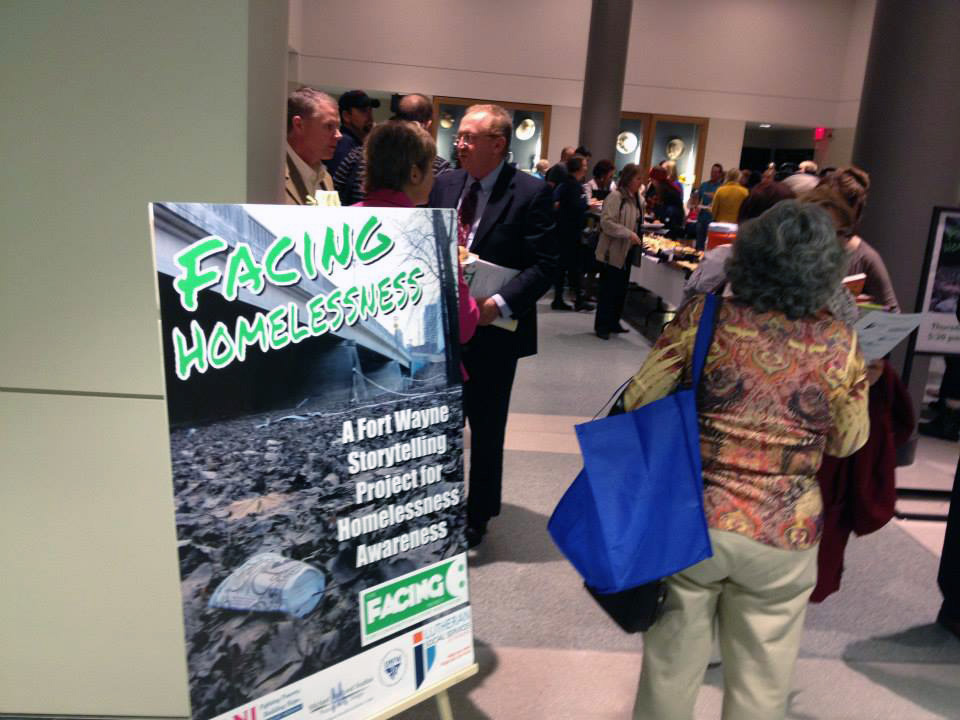The very first time a middle-school student told me they were trans, they were very forthright about it.
The student said, “I’m trans, and I would like to be known by these pronouns. This is who I am, but I need your help because I don’t know what to do here.” Caught off-guard, I sat up very straight in my chair. Then I went to my administrator and said, well, “I don’t know what to do here, either!” And that started a good conversation, paved the way for my school to accommodate and welcome trans students, and to bring parents and staff members into the dialogue.
I made sure to tell that student, over and over, “This takes a lot of courage.” But then the student would say, “I get tired of being brave. I get tired of being strong.” “You’re only 12,” I answered. “You don’t have to be brave all the time.”
And the school’s changes helped; that student was definitely who they really were by the end of the next year. They still had some concerns they needed to work through, but you could tell day to day that they were more comfortable.
I was a bit surprised to be asked to participate in a Facing Project. As a school counselor, I’ve worked with many students struggling to affirm their sexual orientation or gender identity. But the whole time, I just thought I was doing my job.
I grew up in rural Indiana with a mom who was very loving toward all people, who tried to help everyone. So even though I was in a small community, my personal experience at home was that my job is to love everyone at the end of the day.
Helping to advocate for others has always been important to me. Everybody’s kind of in this world to help each other out. I have no trouble being bold. I’m very blunt, and I say what I mean…most of the time. That’s helpful for students who need advocacy. If you’re wavering in the slightest, you’re vulnerable to attack. I figure if I don’t stand up for these kids with my all, it’s easier for someone to push back.
Aside from that one story, all the situations I experienced involved students who at first wanted to go under the radar about their sexual orientation or gender identity. They were afraid of hostility; they wanted to fit in, but they needed to be themselves.
We talked a lot about expectations. I had to teach my middle-school students: “It’s not your job to make anyone accept you. It’s not your job to change anyone’s belief. It’s your job to accept and love yourself even when other people may not. That’s their loss. Those are hard truths for teenagers. Some parents might say, in response, “They’re only 12 or 13. How can they know?”
They know.
Working in East Central Indiana, I did feel a lot of support from the community when I was advocating for the LGBTQ students I worked with. But, when you’re dealing with questions of gender identity, that’s when it’s hardest to gauge how other adults are going to react.
Sometimes it just takes a little education. Training for counselors in LGBTQ issues wasn’t touched on at all in my schooling—even just a handful of years ago. And now, non-binary gender identification is becoming more broadly recognized.
The response from one older teacher was, “What is non-binary?” He had never heard the term. We’re very much a culture of this and that, right and wrong, good and bad, female and male. These binaries often fuel stereotypes, but what people can fail to see is that people do and have existed outside of these binaries for all of history. But once this teacher knew, he was better able to support that student.
A lot of the times things that don’t fit our stereotypes scare us, so we may not believe them. But we don’t have to make it hard for each other; we can make it easy by showing kindness to everyone, by learning about one another. While I believe everyone can change, I know some people will be resistant to that. But we have to keep talking and encouraging respect. I know for a fact that my experiences with LGBTQ students have shaped who I am as a person and as a counselor. And there is hope. I think we are all like goldfish. We can grow to fit the size of the bowl we inhabit. The bowl just needs to keep getting bigger.
– An Anonymous Story as Told by Steve Chalk
Steve Chalk has taught and mentored at Ball State University since 2000. He has an amazing daughter, wise beyond her years, and an idealism he has never quite outgrown.
This story originally appeared in Facing LGBTQ+ Pride in Muncie, a publication of The Facing Project that was organized by Muncie OUTreach in Muncie, Indiana.


